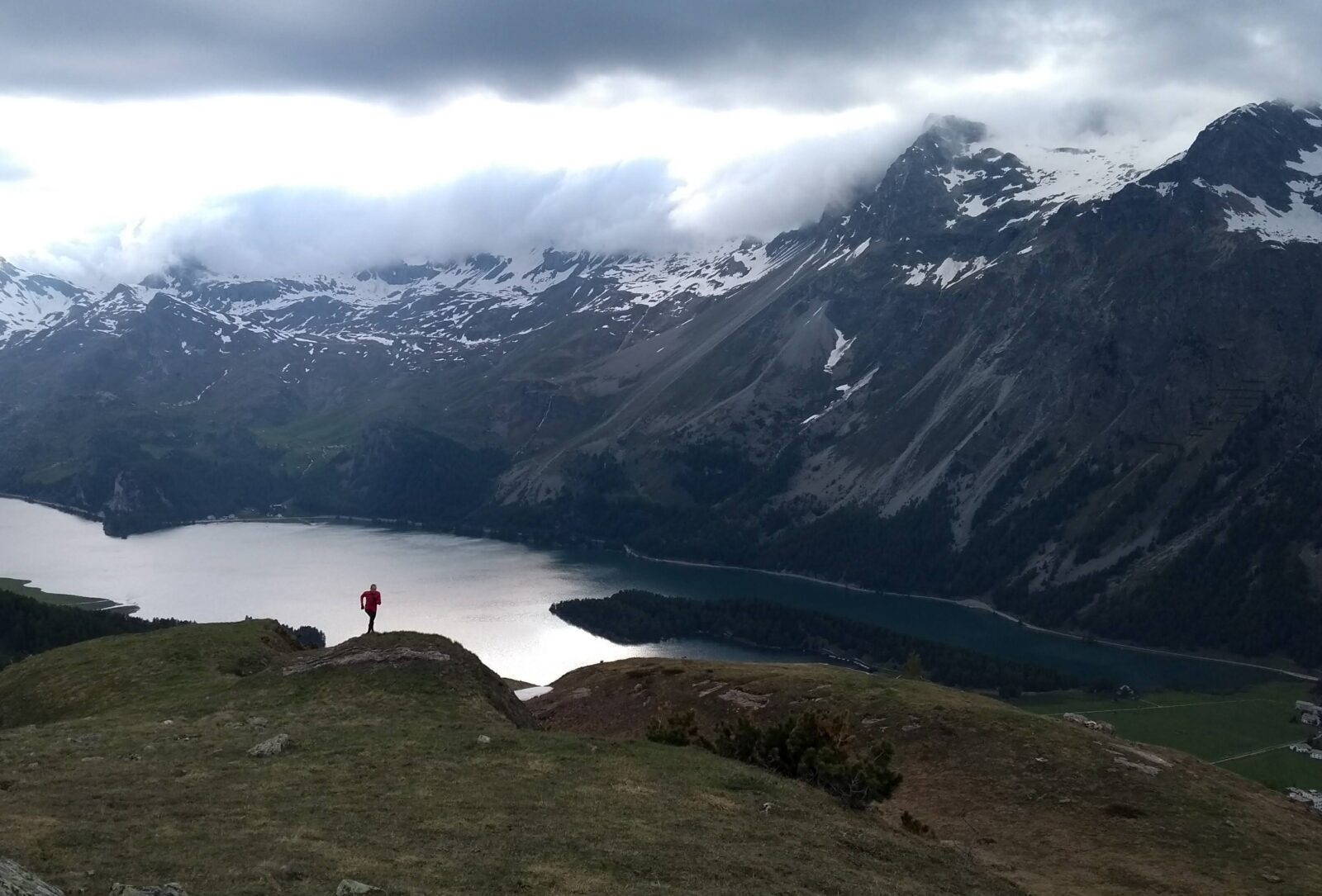For some critical sport scholars, the era of modern sport is over. Or at least it should be. But what kind of alternative physical culture are they proposing?
“Post-sport” as a different form of physical culture that rejects the values of modern sport was explored by Brian Pronger in his book Body Fascism: Salvation in the Technology of Physical Fitness (2002).
This idea was also later taken up by Michael Atkinson in his insightful analysis of fell-running as a spiritual and existentially resonating activity that can restore our connectedness to our bodies and surroundings (see reference at the end). This study is one of my all-time favourite research papers I ever read.
Pronger argued that the Western, modernist sport experience is dominated by pouvoir. In pouvoir, the athlete’s or exerciser’s lifeworld becomes colonized by technological, rationalist and capitalist logics of practice. State health agencies, sport science knowledges and healthist discourses lure us to see our bodies as nothing but problems to be solved or resources to be exploited.
However, ‘below’ pouvoir is puissance. It is our vital energy and desire to move, play, and experience aesthetics, pleasure and joy of movement. We can witness puissance in young children when they are running around, playing and climbing trees. They are unconcerned about burning calories or obtaining recommended levels of daily physical activity.
In “post-sport” physical cultures, sports are practiced to express the vital desires and energies of our bodies, and for the pleasure of bodily movement.
Michael Atkinson’s inspirational ethnography on fell runners further clarifies that the pleasures of movement are not about just having good time. Fell running is also about suffering. But in this account, enduring the suffering is not about proving your mental toughness. Suffering becomes a way of being intensely present in the moment, and a vehicle of self-exploration and even transcendence.

Is post-sport simply a utopia and are we so completely locked into our techno-scientific worldview that there is no way out? Movement cultures are diversifying, with playful practices like parkour challenging the rationalist logic of mainstream sports. But they are experiencing sportisation (institutionalisation, competitions, standardisation, etc.), too. They become colonized by pouvoir.
But I guess not everything ends up being about pouvoir. Perhaps it is those moments when we get lost in movement and forget about ourselves, that we gain a glimpse of puissance – in whatever sport we are doing, mainstream or alternative. For some, it happens when running on the fells, and for others when playing football. In the meaningful sport podcast, Mark Nesti talks about moments in sport where we get a sense of ‘being outside of time’. In these moments, the world is disclosed to us differently.
I guess that many who have spent a lot of time doing sport and exercise have an idea of what I am writing about. It is just quite difficult to put into words. But we should try. There is a world below, or beyond pouvoir.
Further reading:
Atkinson, M. (2010). Fell running in post?sport territories. Qualitative Research in Sport and Exercise, 2(2), 109-132.